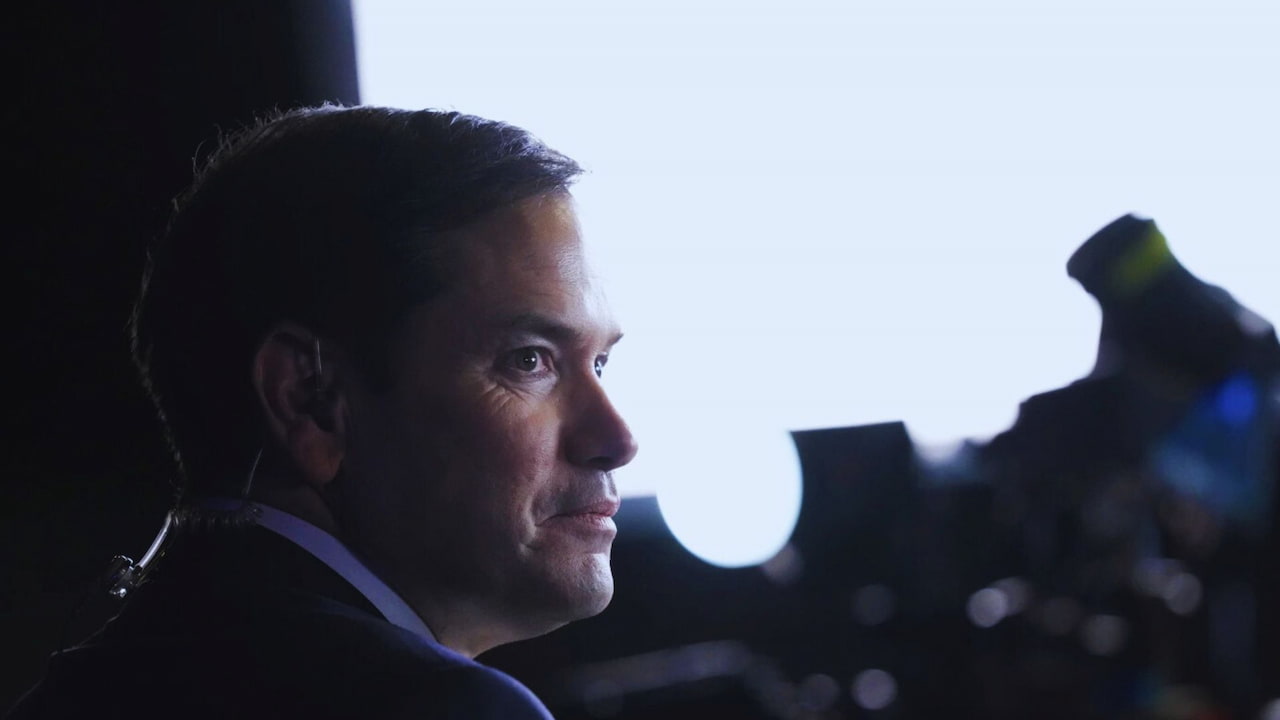Trump’s Latino Diplomat: How Marco Rubio Could Reshape US-Latin American Relations
As a news reporter covering international affairs, I’ve been tracking the significant developments in US foreign policy. The recent nomination of Senator Marco Rubio as Secretary of State marks a historic shift in American diplomacy.
Breaking New Ground For the first time in US history, a Latino will serve as America’s top diplomat. Rubio, aged 53, brings his unique background as a Cuban-American to this crucial role. His appointment signals a major change in how the US might handle its relationships with Latin American nations.
Personal background shapes the policy. Growing up in Miami’s Cuban exile community has deeply influenced Rubio’s worldview. His strong anti-communist stance, shaped by his family’s experience with Castro’s Cuba, will likely drive his approach to countries like Venezuela and Cuba.
Key Focus Areas Under Rubio’s leadership, several priorities are emerging.
- Mexico Relations: The focus will be on three main issues: trade, drug trafficking, and migration control.
- Venezuela Strategy: Expect a tougher stance against the Maduro government
- Chinese Influence: Rubio plans to counter growing Chinese economic presence in the region
- Border Security: A stricter approach to immigration that aligns with Trump’s policies
Regional Impact Latin American leaders are responding differently to this appointment.
- President Javier Milei of Argentina welcomes the choice.
- President Nayib Bukele of El Salvador shows support.
- Other leaders, especially those on the political left, express concern.
Changes from the Biden Era The shift from Biden’s diplomatic approach is clear. While the current administration favors dialogue and multilateral solutions, Rubio’s approach appears more direct and confrontational. His known criticism of leftist leaders and strong stance against US adversaries suggests a significant policy shift.
Expert Opinions Christopher Sabatini, a research fellow at Chatham House, notes that Rubio’s focus on Latin America could mean more attention to a region often overlooked by Washington. However, his tough positions might create new challenges in regional cooperation.
Looking Ahead As Rubio prepares to take office, several questions remain.
- How will he balance regional relationships with Trump’s America First policy?
- Can he maintain diplomatic ties while pursuing a harder line on immigration?
- Will his approach help or hinder US influence in Latin America?
The nomination of Marco Rubio represents more than just a personnel change—it signals a potential reshaping of US-Latin American relations. His personal background, political experience, and strong ideological positions suggest significant changes ahead in US foreign policy toward the region.
